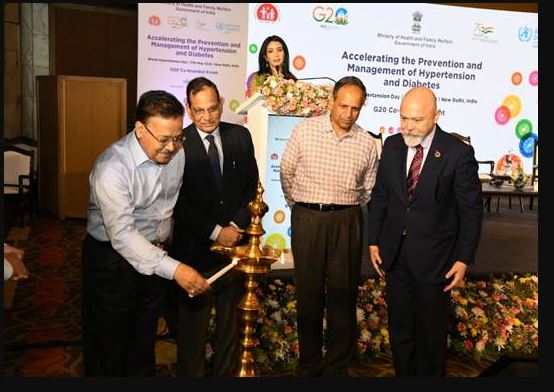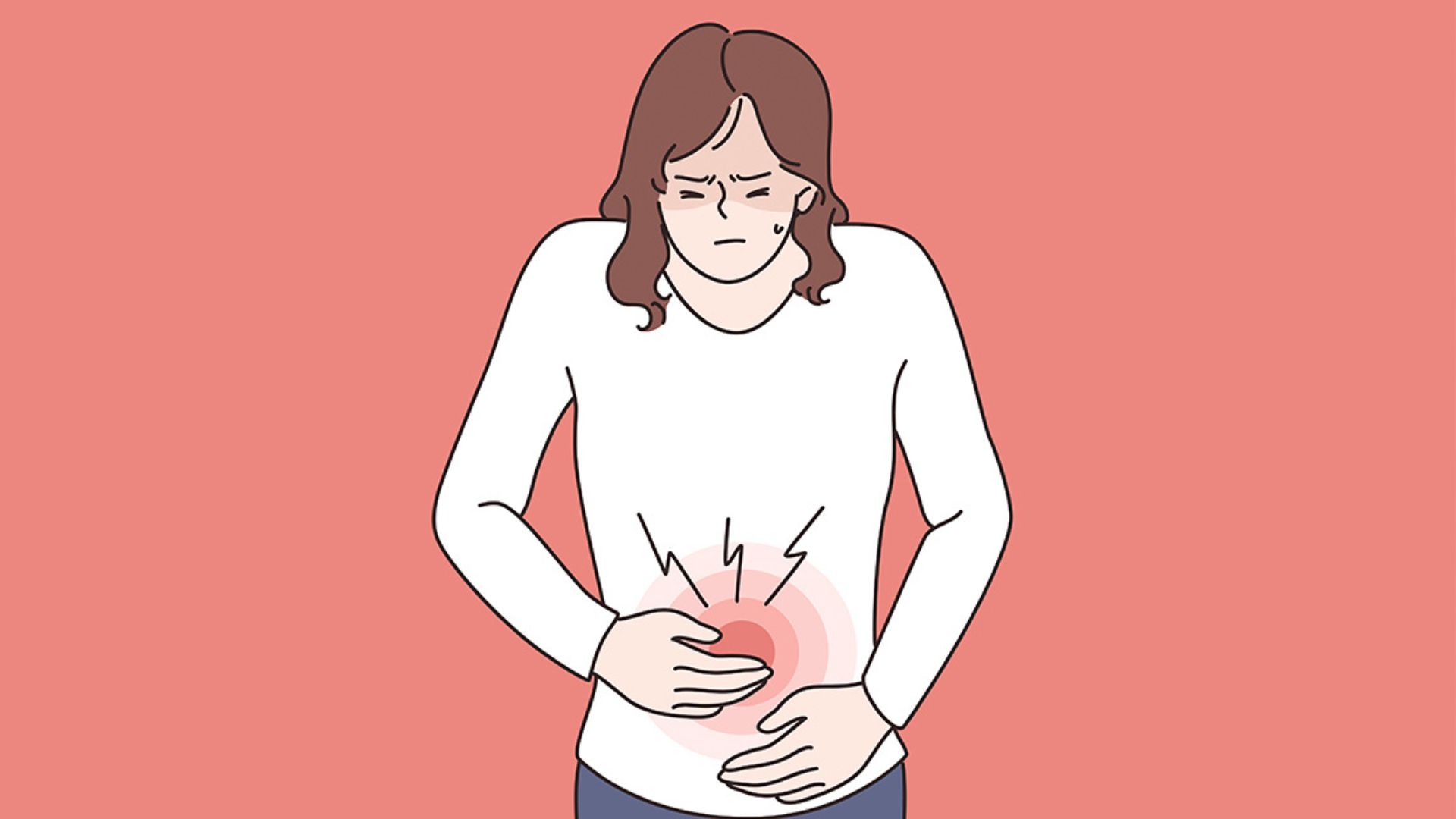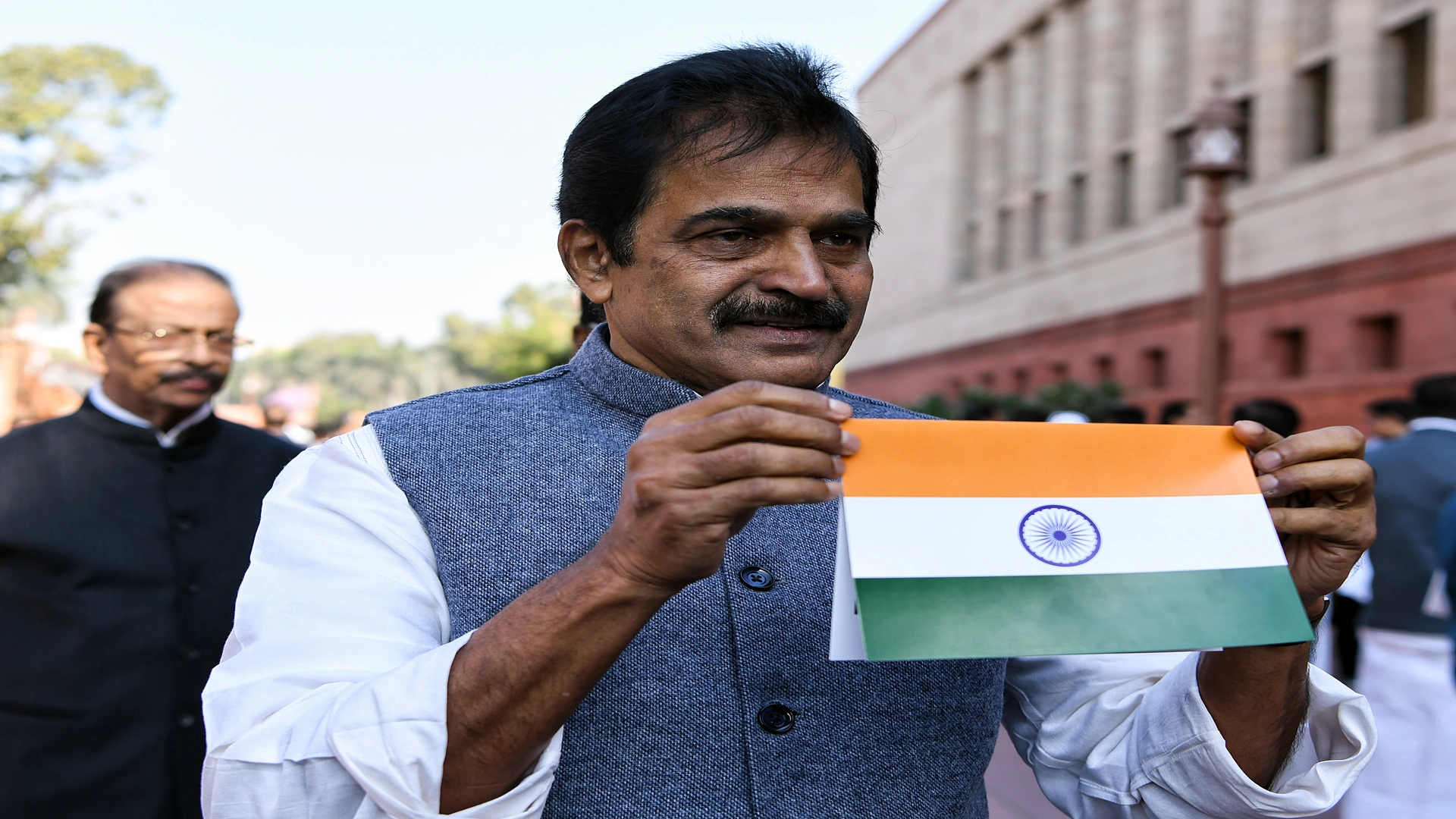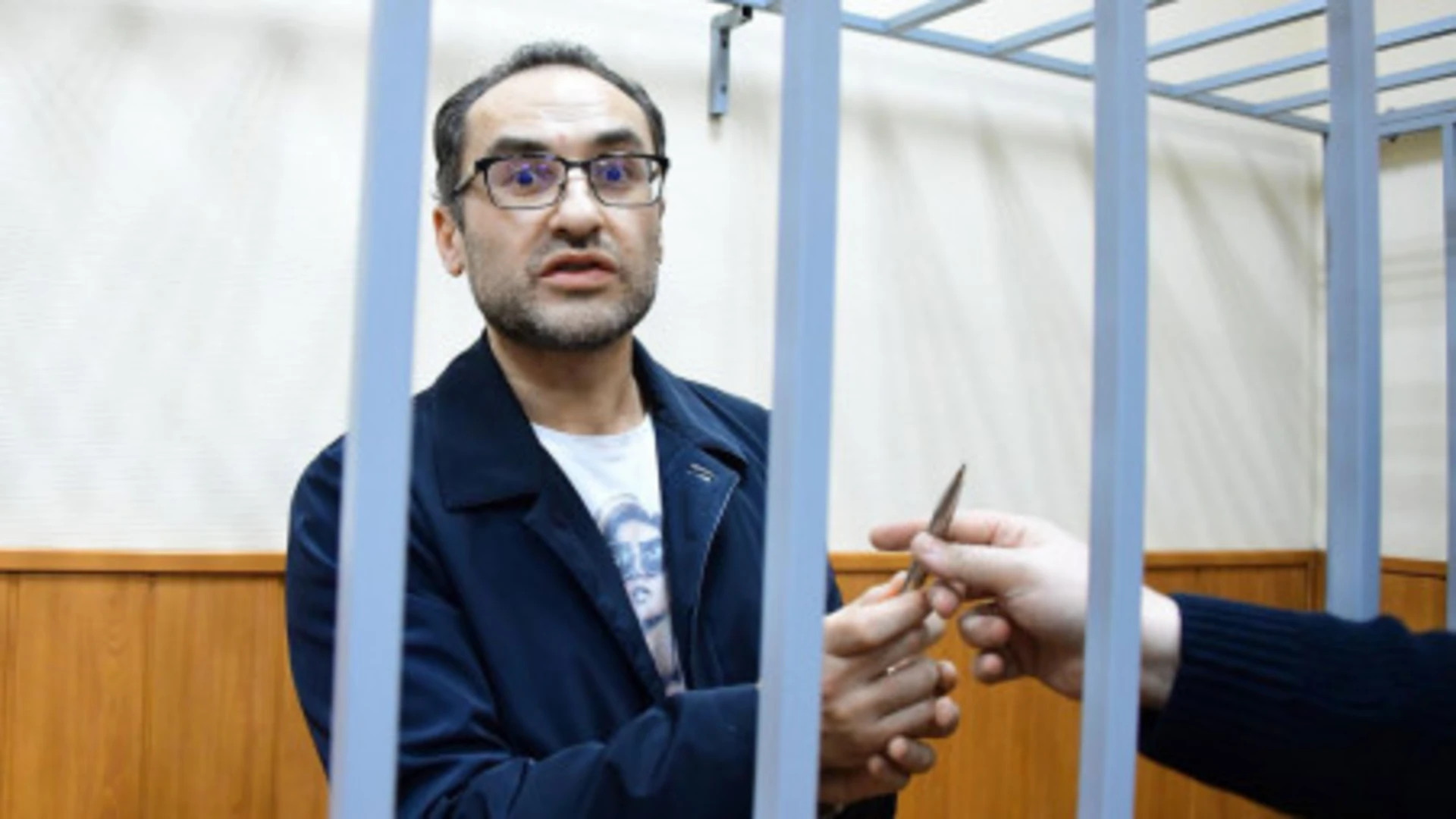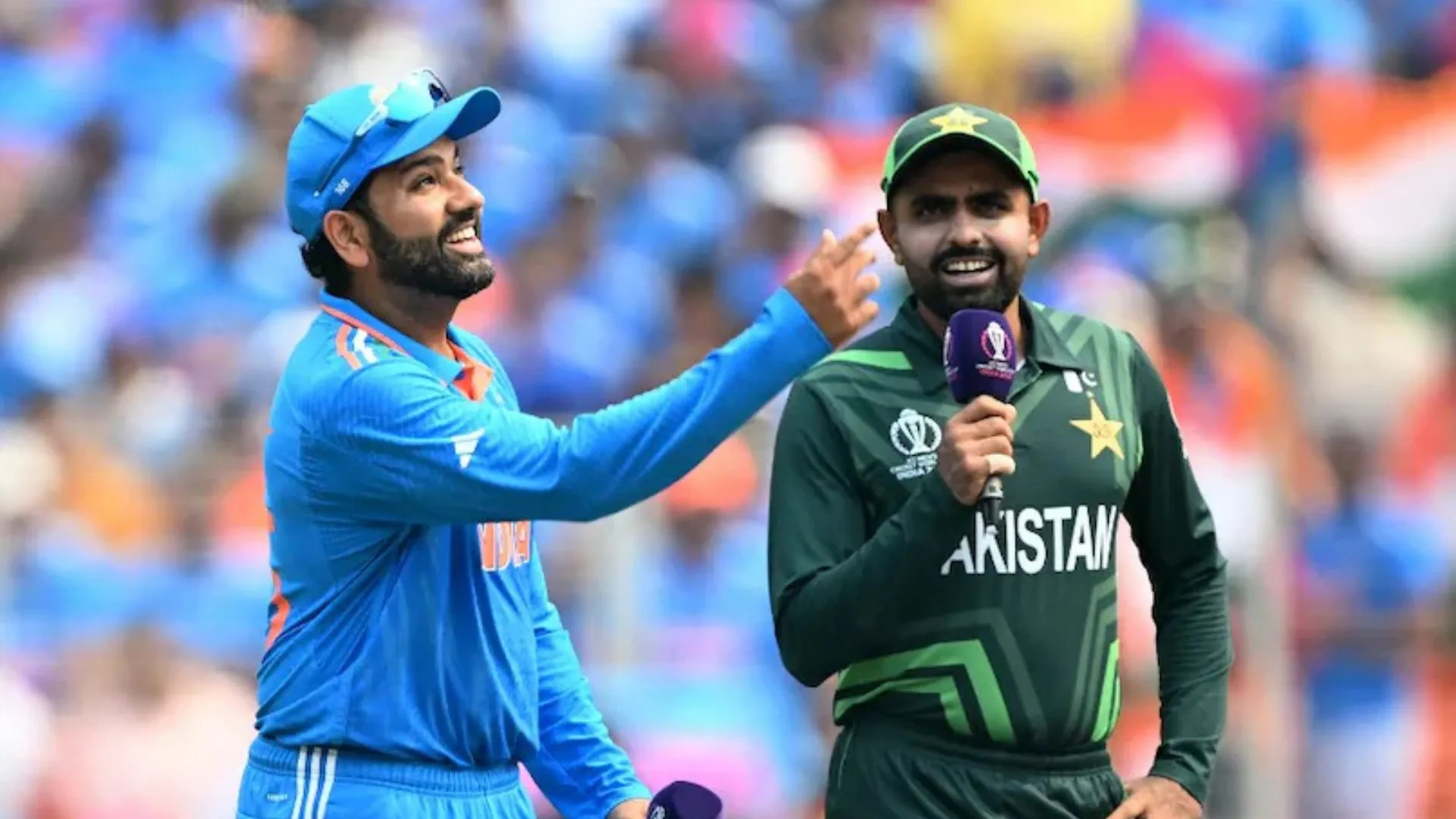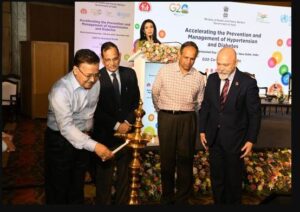On the occasion of World Hypertension Day, the Union Health Ministry revealed the revolutionary “75/25” programme, which aims to test and treat 75 million people with hypertension and diabetes by the year 2025. The G20 co-branded event, “Accelerating the Prevention and Management of Hypertension and Diabetes,” was organised by the Union Health Ministry and the World Health Organisation (WHO).
According to Dr V K Paul, Member (Health), NITI Aayog, this programme is significant since it marks the largest growth of NCDs in primary healthcare globally. The allocation of resources, building of capacity, mobilisation, and multi-sectoral cooperation are all examples of the Indian government’s commitment to combating NCDs.
Dr Paul stressed that India has been aiming to become a developed nation within the next 25 years, and improving social indicators like life expectancy and NCD management is crucial to achieving this goal.
India has made rapid progress and has already established over 1.5 lakh Health and Wellness Centres (HWCs) and implemented telemedicine and digital health services.
Dr Paul advised state teams to follow screening standard operating procedures (SOPs) and stressed the importance of collaboration between the academic and private sectors in order to meet these lofty goals.
Dr Tedros Adhanom Ghebreyesus, Director-General of the WHO, congratulated India on its initiative and applauded its goal of providing standard care for 75 million people with hypertension. He called this the largest coverage of NCDs in primary healthcare anywhere in the world.
Union Health Secretary Shri Rajesh Bhushan focused on the interaction of the economy, societal forces, and epidemiological variables in his speech when addressing NCD prevention. In order to combat the rising burden of NCDs in the nation, he emphasised the necessity for cross-sectoral initiatives and coordination between the public and private sectors.
The launch of the Shashakt Portal, which is set to train 40,000 primary health care medical officers on the standard treatment workflow for NCDs, was also announced.

